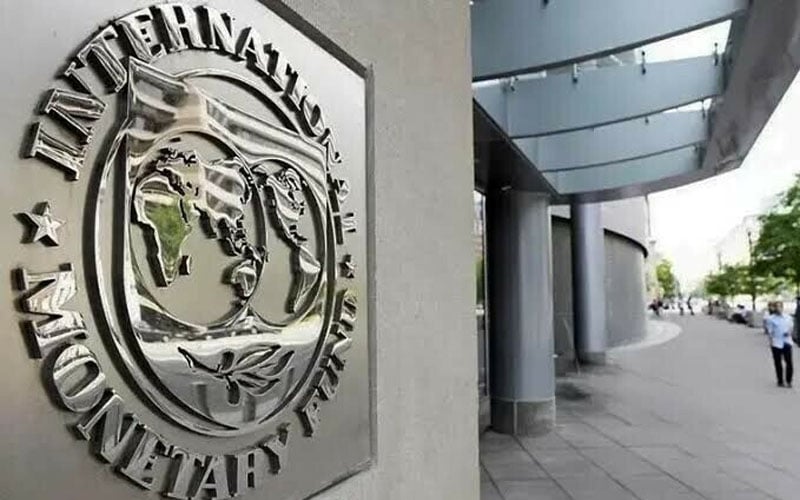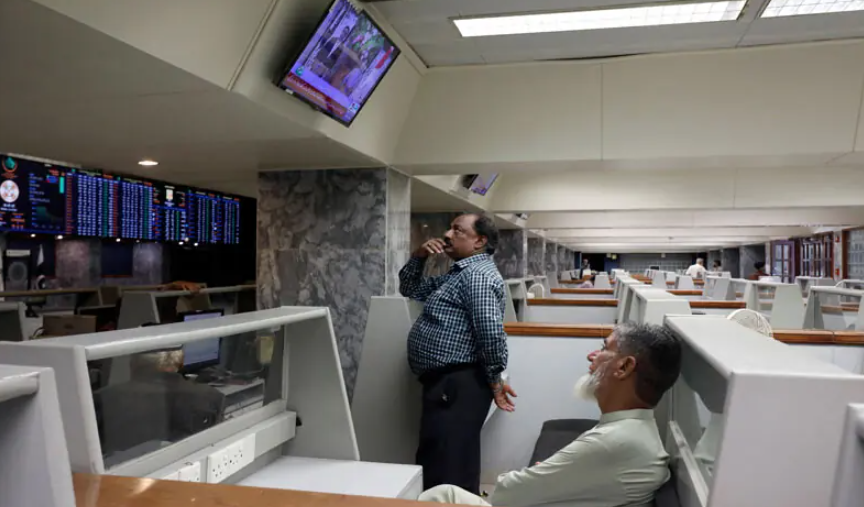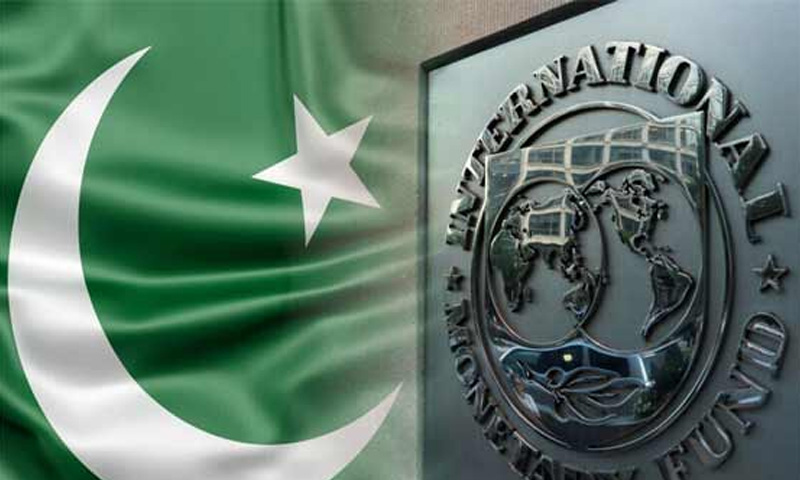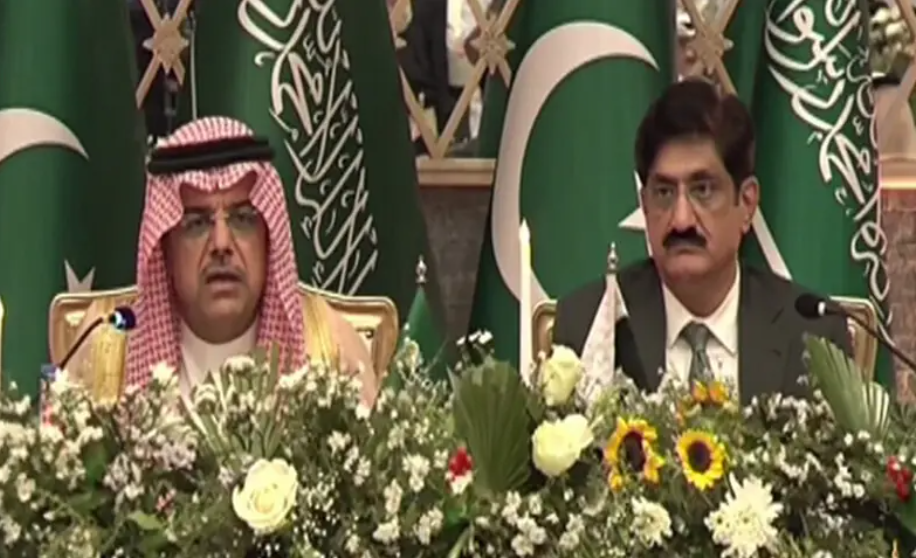TRADE & ECONOMY
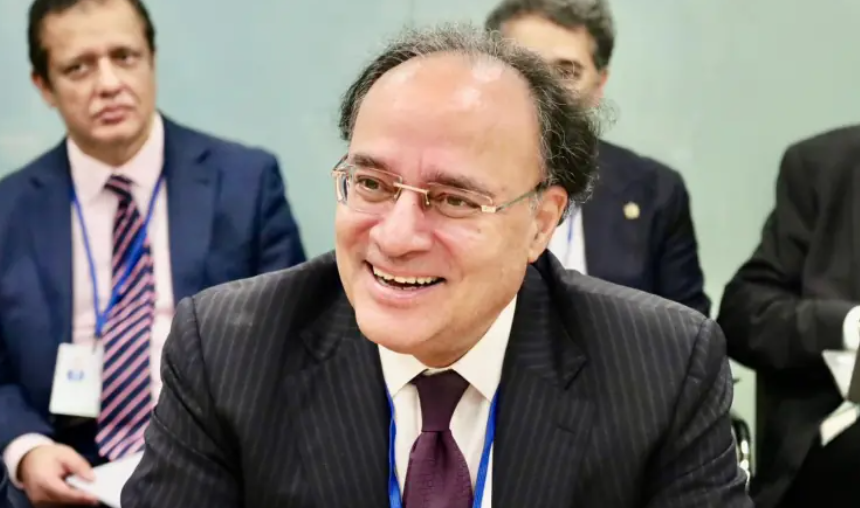
Finance Minister Muhammad Aurangzeb has announced that Pakistan is likely to sign a staff-level agreement (SLA) with the International Monetary Fund (IMF) this week, following constructive discussions on the country’s ongoing loan programme.
Speaking to Reuters on the sidelines of the IMF-World Bank Annual Meetings in Washington, Aurangzeb said the government is hopeful of finalising the SLA in the coming days. “During the course of this week, we’re hoping that we can get the SLA done,” he stated.
Last week, an IMF mission led by Iva Petrova concluded its review of Pakistan’s performance under the $7 billion Extended Fund Facility (EFF) and the $1.1 billion Resilience and Sustainability Facility (RSF). While the mission left Islamabad without signing the SLA, the Fund acknowledged “significant progress” had been made toward reaching an agreement.
Aurangzeb described the talks as “very constructive,” noting discussions focused on quantitative and structural benchmarks. The SLA, once signed, will enable Pakistan to receive the next $1.24 billion tranche, contingent upon approval by the IMF’s executive board.
Meetings in Washington: Reform Agenda and Climate Financing
During his Washington visit, the finance minister met with Jihad Azour, IMF’s Director for the Middle East and Central Asia Department, to discuss Pakistan’s economic reform agenda and reaffirm commitment to ongoing fiscal and structural reforms.
A statement by the Finance Division said the meeting “reviewed progress under the 2nd EFF review and acknowledged the importance of maintaining macroeconomic discipline.”
Aurangzeb also held talks with World Bank Senior Managing Director Axel van Trotsenburg, where discussions centered on climate adaptation and resilience financing. The minister highlighted the economic toll of recent floods on Pakistan’s agriculture and GDP, urging greater investment in climate mitigation and resource mobilization.
He reiterated that “the climate crisis remains an existential challenge for Pakistan”, emphasizing the need for international cooperation to tackle recurring natural disasters.
Global Engagements: Partnerships and Investment Prospects
The finance minister also attended the Commonwealth Finance Ministers’ Meeting, calling for concrete steps to enhance resilience across member states. He voiced support for the Commonwealth Infrastructure and Financial Resilience Hub and the Technical Assistance Fund to help developing economies strengthen fiscal management.
On the sidelines, Aurangzeb met with the US-Pakistan Business Council (USPBC), where he briefed participants on Pakistan’s improving macroeconomic indicators and urged greater private sector participation in key sectors such as mining, agriculture, information technology, and pharmaceuticals.
He also met with US Assistant Treasury Secretary Robert Kaproth, Counselor Jonathan Greenstein, and representatives from Citi Bank, IFC, and the Islamic Development Bank (IsDB). Discussions covered investment opportunities, virtual asset regulation, and trade cooperation.
During meetings with Citi Bank officials, Aurangzeb emphasized Pakistan’s growing digital innovation ecosystem and assured continued government support for financial sector modernization.
![]()
Path Ahead
The SLA signing marks a pivotal moment for Pakistan as it seeks to strengthen economic stability, attract foreign investment, and transition from stabilization to sustainable growth.
The IMF programme, launched in July 2024, provided Pakistan with critical support amid a severe financial crisis. In May 2025, the IMF also approved a $1 billion climate resilience loan to help Pakistan combat the impact of natural disasters — contingent upon successful programme reviews.
Aurangzeb’s ongoing engagements in Washington, which continue until October 18, aim to secure the next IMF tranche, deepen cooperation with global financial institutions, and reinforce Pakistan’s position as a resilient, reform-driven economy.

